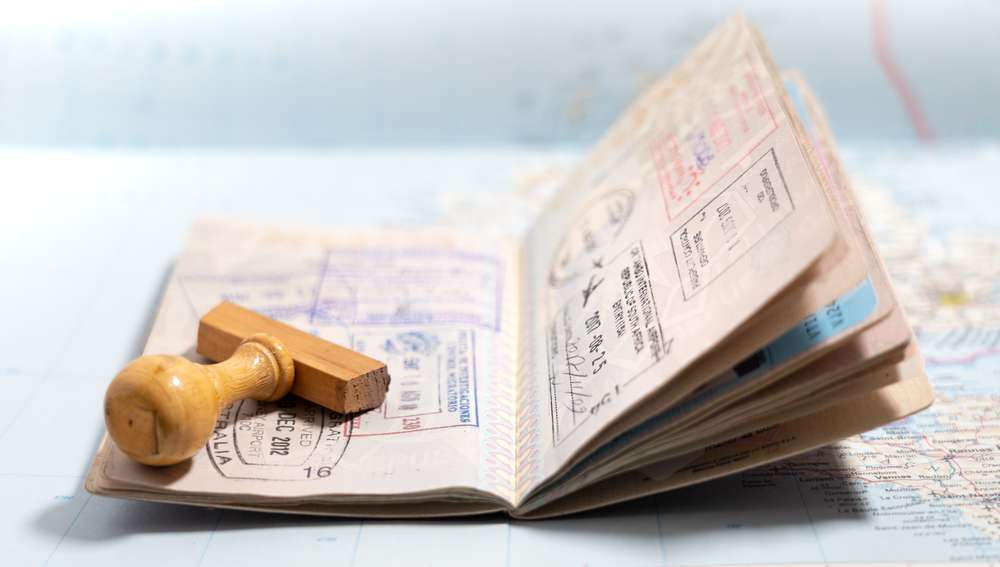Experiencing the Magic of India’s Festive Seasons
India, often dubbed the “Land of Festivals,” is a cultural kaleidoscope that boasts a staggering array of celebrations throughout the year. From religious observances to cultural extravaganzas, these festivals encapsulate the essence of India’s diversity and unity, drawing people from all walks of life into their vibrant embrace. Join us as we embark on a colorful journey through some of India’s most captivating and diverse festivals.
Diwali: The Festival of Lights
Diwali, also known as Deepavali, is perhaps the most famous of India’s festivals, celebrated with immense enthusiasm across the country. Known as the “Festival of Lights,” Diwali marks the triumph of light over darkness and good over evil. The festival is a visual treat with homes adorned with diyas (oil lamps) and intricate rangoli designs, while the night sky is illuminated with fireworks. Families gather to exchange sweets and gifts, and the air is filled with a sense of joy and togetherness.
How to get Urgent Emergency Indian Visa
Holi: The Festival of Colors
Holi, the riotous celebration of colors, is a testament to the exuberance of Indian culture. This spring festival is a day of unbridled merriment, where people of all ages playfully drench each other in colored powders and water. The air is filled with laughter, music, and the aroma of traditional sweets. Holi transcends barriers of class and caste, fostering a sense of camaraderie that echoes the spirit of unity. Participants engage in friendly color fights, where vibrant powders are playfully thrown at each other. Holi signifies the arrival of spring and the victory of good over evil, with bonfires lit on the eve of the festival to symbolize the burning of negativity. The festivities are accompanied by music, dance, and traditional sweets, creating an atmosphere of unbridled joy.
Eid-ul-Fitr and Eid-ul-Adha: Islamic Festivals
India’s cultural diversity extends to its Islamic festivals, prominently Eid-ul-Fitr and Eid-ul-Adha. Eid-ul-Fitr, marking the end of Ramadan, is a celebration of communal prayers, feasting, and the exchange of gifts. On the other hand, Eid-ul-Adha commemorates the willingness of Ibrahim (Abraham) to sacrifice his son, and involves the sacrifice of animals. These festivals showcase the unity of the Islamic community and their commitment to compassion and charity.
Ganesh Chaturthi: Honoring the Elephant-Headed God
Ganesh Chaturthi is a beloved festival dedicated to Lord Ganesha, the elephant-headed god of wisdom and prosperity. Elaborate clay idols of Ganesha are crafted and immersed in water bodies after a period of worship and festivities. The streets come alive with processions, music, and dance, creating an atmosphere of celebration and spiritual devotion.
Pongal: Harvest Festival of South India
Pongal, a harvest festival predominantly celebrated in South India, pays tribute to nature’s bounty. The festival spans four days and is marked by the preparation of a special dish called “Pongal,” made from freshly harvested rice. Traditional rituals, such as the boiling of the first rice of the season, are performed as a gesture of gratitude to the sun god. Colorful kolam (rangoli) designs adorn the entrances of homes, creating a vibrant visual spectacle.
Navaratri and Durga Puja: Goddess Celebrations
Navaratri and Durga Puja are festivals that honor the divine feminine energy. Navaratri, a nine-night festival, involves vibrant dance performances like Garba and Dandiya. Durga Puja, especially grand in West Bengal, commemorates the victory of Goddess Durga over the buffalo demon Mahishasura. Elaborate pandals (temporary structures) are constructed to house exquisitely crafted idols of the goddess.
Indian Visa for Australian Citizens
Onam: Kerala’s Harvest and Cultural Festival
Onam is a significant festival celebrated in Kerala, with roots in both harvest festivities and cultural heritage. The highlight of Onam is the grand feast known as Onam Sadhya, which features an array of traditional dishes served on banana leaves. The festival is also marked by traditional dances like Kathakali and Puli Kali, creating a vibrant tapestry of Kerala’s cultural richness.
Unity Amidst Diversity
The beauty of India’s festivals lies not only in their diversity but also in the unity they foster. These celebrations transcend religious and cultural differences, bringing communities together to celebrate, share, and bond. Each festival is a living testament to the spirit of inclusivity that is deeply ingrained in India’s cultural fabric. India’s festivals stand as a testament to the country’s unity in diversity. While these festivals have their roots in religious or cultural practices, they transcend boundaries and bring people from all walks of life together. The celebrations are not only a visual extravaganza but also a reminder of the values that bind the country – unity, respect, and the celebration of life itself.
In Conclusion
India’s festivals are not merely events; they are expressions of the country’s soul. They carry within them the stories of generations, the essence of traditions, and the warmth of human connections. As you immerse yourself in the kaleidoscope of India’s festivals, you become a part of a vibrant tapestry that celebrates the spectrum of human experience and the enduring spirit of unity in diversity.
Also read: The Great Outdoors: Canada’s Playground for Nature Lovers and Sports Enthusiasts
